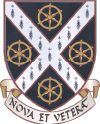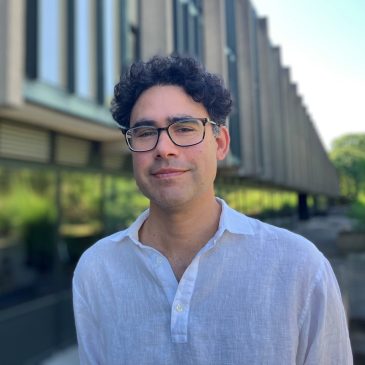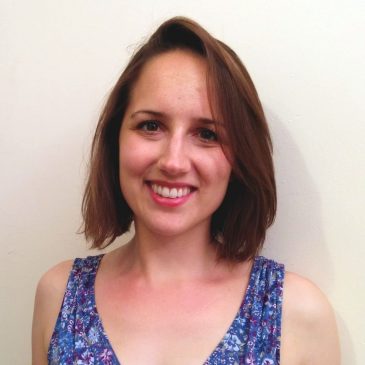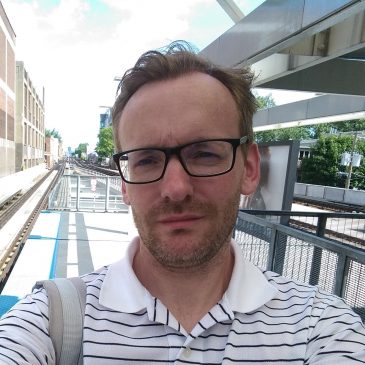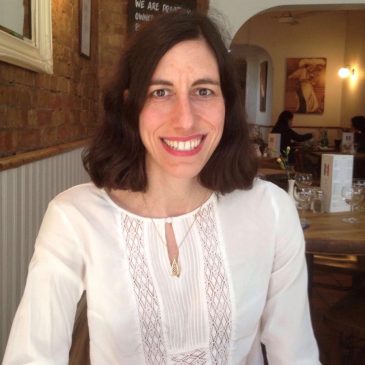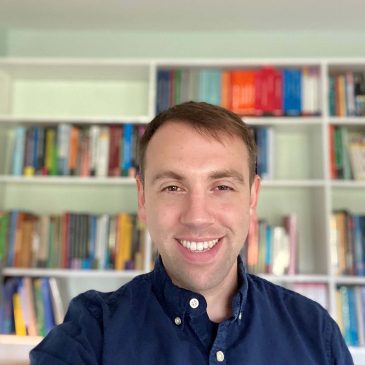Combine a modern language with linguistics (sometimes described as the science of language) in the Modern Languages and Linguistics course. Linguistics is a broad subject, which aims to answer fundamental questions about the way humans learn and use language. How are languages structured? How have they changed over time? How are they spoken across the world? And what can these variations tell us about the nature of language?
A community of linguists
Study Linguistics at St Catz, and you’ll join a thriving community. Not only is the Master of St Catz, Prof. Kersti Börjars, a linguist working on Germanic languages, we also have more Linguistics students than most colleges, with sixteen undergraduates and six graduate students. So you’ll never be the only one studying your subject.
Our Tutorial Fellows (full-time permanent Tutors) in Linguistics, French and Spanish are internationally recognized experts in their fields. Students in these subjects can expect to be taught in College for the large majority of their course, but they are also able to work with experts elsewhere in the university. Students in other languages will be taught in other colleges, under the supervision of our associated College Lecturers. We employ experienced additional teachers in literature and languages, including several native speakers.
Linguistics teaching and resources
Dr Sam Wolfe, Tutor and Director of Studies in Linguistics, is a St Catz Fellow and an expert in French and Romance Linguistics. He oversees teaching for all Linguistic students at Catz and teaches the following linguistics papers in-house at St Catz:
- General linguistics
- Historical linguistics
- Romance linguistics
- History of French
- Structure and Varieties of French
Catz students taking other courses are taught by experts from across the University.
We want to make sure that Catz students can easily get hold of the books and resources they need for their studies. That’s why we aim to make as much of the main reading material as possible available in the College library, which has one of the largest collections of linguistics books in Oxford colleges. We add to the collection every year and ask students to request the books they need.
Linguistics Course structure
First year
You’ll spend half your time developing your language and literature skills and the other half getting a broad grounding in linguistics. This involves classes and tutorials on:
- General Linguistics
- Phonetics and Phonology
- Grammatical Analysis.
Second year and Fourth year
As with your first year, approximately half your time will be devoted to literature and languages skills. On the linguistics side, in your second year and fourth year, you’ll take one course on general linguistics, one course on the history of your chosen language and one course on its modern structure and varieties (such as Canadian French, Swiss German and Latin American Spanish).
On top of that, you’ll get to choose from a variety of optional courses which give you the chance to explore the areas of Linguistics that interest you. The courses on offer vary from year to year, but always include:
- Syntax
- Semantics and Pragmatics
- Historical Linguistics
- Phonetics and Phonology
- Sociolinguistics
- Psycholinguistics
- The option to undertake a research project.
Modern Languages Course Structure
The Oxford course consists of intensive language and literary study during the first year, followed by a very broad range of options in the second and final year. There is a substantial amount of literary content, with choices ranging from the Medieval to the Modern, from poetry to philosophy to film. The course includes a year abroad.
For further information about the study of language and literature, which makes up half of the course, can be found on the Modern Languages course page.
Student and Alumni Profiles
Our students come from a wide variety of backgrounds and go on to have successful careers in a range of professions, such as television, journalism, law, management consultancy, translation, teaching, the voluntary sector and government. To see some of their profiles click here.
